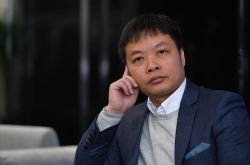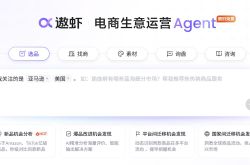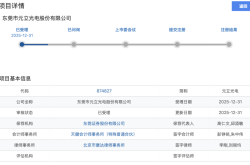Zhong Shanshan criticizes Zhang Yiming, arguing that algorithms must be used for good
![]() 11/22 2024
11/22 2024
![]() 585
585
"Looking forward to Zhang Yiming's apology, I will keep waiting!"
01 Zhong Shanshan criticizes Zhang Yiming
Yesterday afternoon, Nongfu Spring held a communication meeting, where Zhong Shanshan criticized Douyin, Toutiao, and the person behind them, Zhang Yiming.
Zhong Shanshan said, "I hope to take this opportunity to call out Mr. Zhang Yiming, a leading figure in the internet industry. You are the actual controller of Toutiao and Douyin, and your company is a profitable and powerful enterprise with sufficient influence to control public opinion. Please also take on the responsibility of civilized rectification."
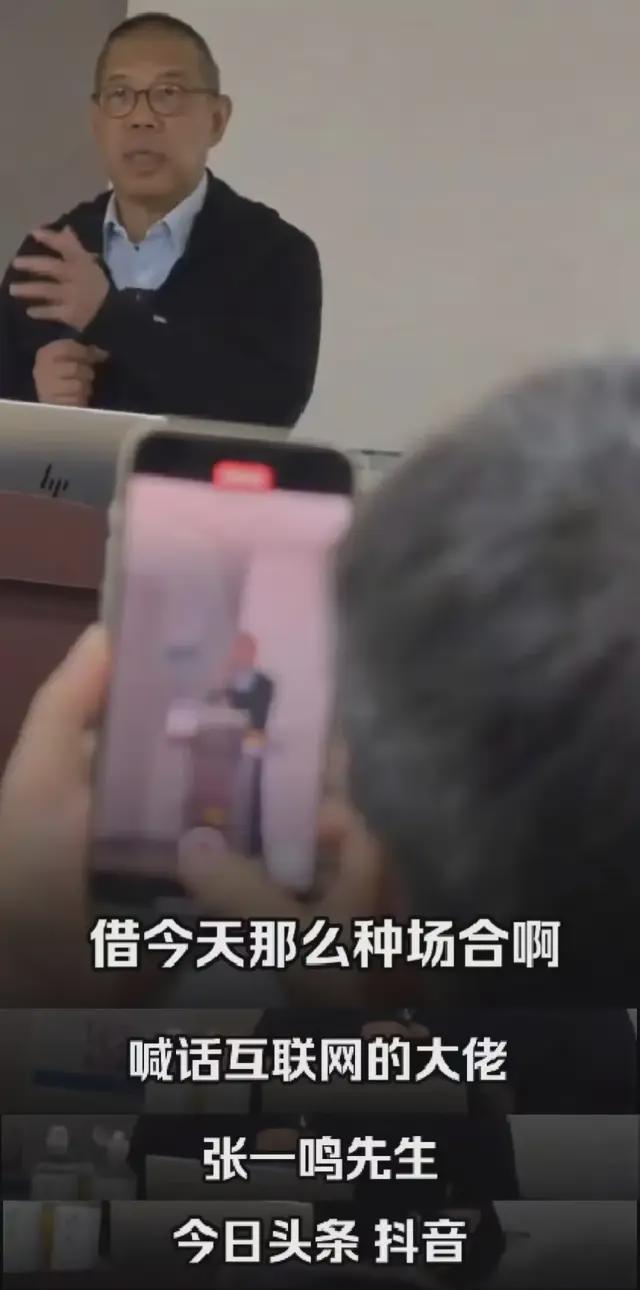
Zhong Shanshan believes that rumor mongers should be held equally responsible as rumor spreaders. He views platforms like Toutiao and Douyin as heavily impacted areas for rumor dissemination.
"The existence of rumors and false reports can cause greater harm to society. This is modern technology implementing the law of the jungle on the internet, where the strong bully the weak. I respectfully request that Toutiao and Douyin not evade responsibility using the so-called safe harbor principle."
"Rumor spreaders and creators should be held equally responsible. I request that they immediately delete defamatory statements and images about me, cease infringing upon the rights of a Chinese citizen, stop! Stop!"
He also appealed on-site for algorithms to be made public so that all users can evaluate their significance. Furthermore, he hopes that Zhang Yiming, Douyin, Toutiao, and media outlets that have spread rumors about him will sincerely apologize to him.
"Internet companies use traffic to generate profit and create products. You must take legal responsibility for your products and shoulder the responsibility for human civilization."
"Bullying the weak is not just your personal behavior; it is a desecration of human technological civilization."
"Looking forward to your apology, I will keep waiting."
In fact, since the beginning of this year, there have been many rumors targeting Nongfu Spring online, and these rumors have spread most widely on the aforementioned two platforms, leading to a significant decline in Nongfu Spring's sales.
On Douyin, there have been many attack videos targeting Zhong Shanshan and Nongfu Spring, such as superimposing Zhong Shanshan's face onto that of a traitor in a film or TV show. There have even been topic recommendations asking, "If Nongfu Spring goes bankrupt, will you support it?" Posts on this topic also receive traffic support.
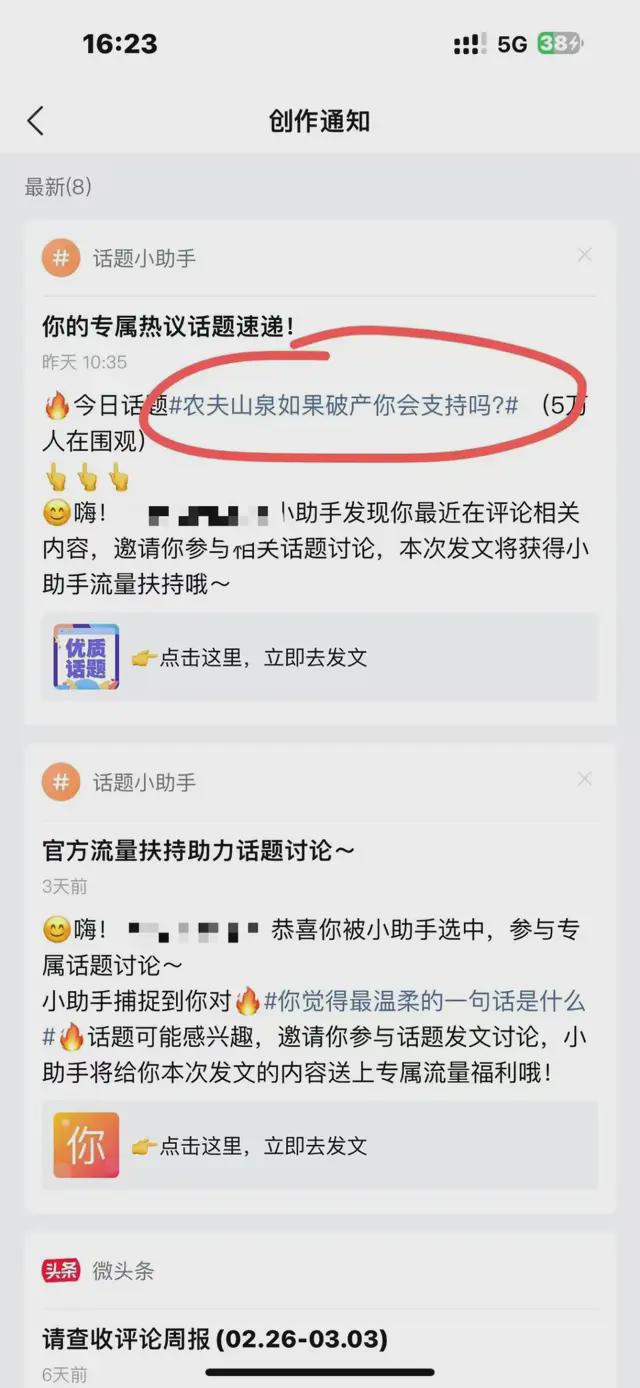
Now, facing all the questions and controversies, Zhong Shanshan has chosen to no longer remain silent and has officially come forward to fight back.
02 The past and present of ByteDance's algorithm
Recommendation algorithms have always been the core of ByteDance.
Founded in 2012, ByteDance aspired from its inception to change the way information is distributed through recommendation algorithms, upgrading from the editorial distribution model of portal websites to a personalized distribution model based on big data and machine learning.
Initially, Toutiao used a large amount of user data for machine training to form an algorithm model. This model could accurately depict user interests, interpreting them within 5 seconds of user login, forming a user profile within 10 seconds, and recommending content.
Secondly, Toutiao uses massive information collection, deep data mining, and user behavior analysis to intelligently recommend personalized information to users. This not only created a brand-new news reading model but also became the technical logic for subsequent business and product expansion.
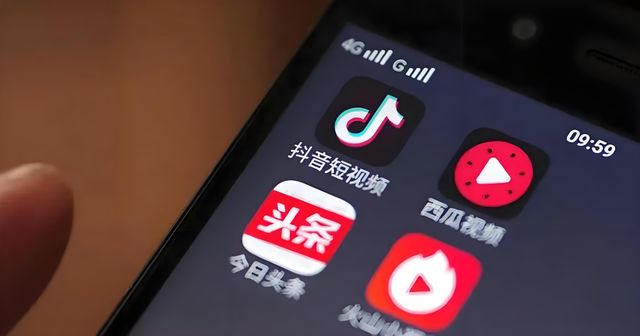
This algorithm recommendation mechanism can effectively capture users' time, attract them to continue using the platform, and efficiently produce popular apps like "Xigua Video," "Huoshan Short Video," and "Douyin."
Entering the Douyin era, ByteDance's algorithm recommendations began to enter a second phase. At this stage, the algorithm would conduct simple experiments based on the previous phase, expose content to a small audience, and quickly judge the quality of short videos from the results, thereby recommending them to those who like such content. The entire process is very precise.
Simultaneously, Douyin's recommendation system places more emphasis on using a "traffic pool" for hierarchical recommendations. Douyin's traffic pool is mainly divided into three levels. Douyin will make "progressive level" recommendations based on the amount of data (number of likes, comments, completions, shares, etc.) obtained after users upload content to increase the exposure of high-quality content.
Moreover, Douyin's algorithm is more personalized. If a user frequently views a certain type of video, the algorithm will recommend more similar content.
However, this also poses a hidden concern: the content users see is mainly driven by algorithms, inevitably leading to an "information cocoon."
03 Algorithms should be used for good
In fact, algorithms played a role in fueling this year's Nongfu Spring incident. For example, the rumor that Nongfu Spring's bottle caps allude to the Japanese flag is blatantly false.
When a user encounters a similar rumor, they may be skeptical, but the algorithm continuously recommends similar rumors. When more people believe the rumors and post similar content, the algorithm determines that such content is worth recommending, further increasing its exposure, turning rumors into "truths."
In contrast, debunking content may not be recommended due to insufficient attention, leading to rumors escalating while debunking information fails to spread.
An industry insider stated: Algorithms fundamentally reshape the public opinion field not by restricting speech but by restricting what people hear, meaning you can only hear what you want to hear. This creates an information cocoon. Within this cocoon, the algorithm controls the source of information and external feedback, amplifying or suppressing the scope of dissemination, providing distorted emotions, exaggerating disagreements, suppressing other viewpoints, and exacerbating internet confrontation.
Buddhism teaches the importance of "cultivating wisdom and insight," emphasizing the cultivation of a kind heart. Algorithms, as a form of artificial intelligence, should also strengthen their underlying logic, expanding the good side of human nature.
Interestingly, on the day Zhong fully unleashed his criticism, the 2024 Internet Conference was being held in Wuzhen. The theme of this year's conference was precisely "people-oriented, intelligent for good." It is evident that algorithms are powerful intelligent tools that should not be populist or merely cater to users. They should be people-oriented, guiding users toward goodness and making society and people better.
•END•

